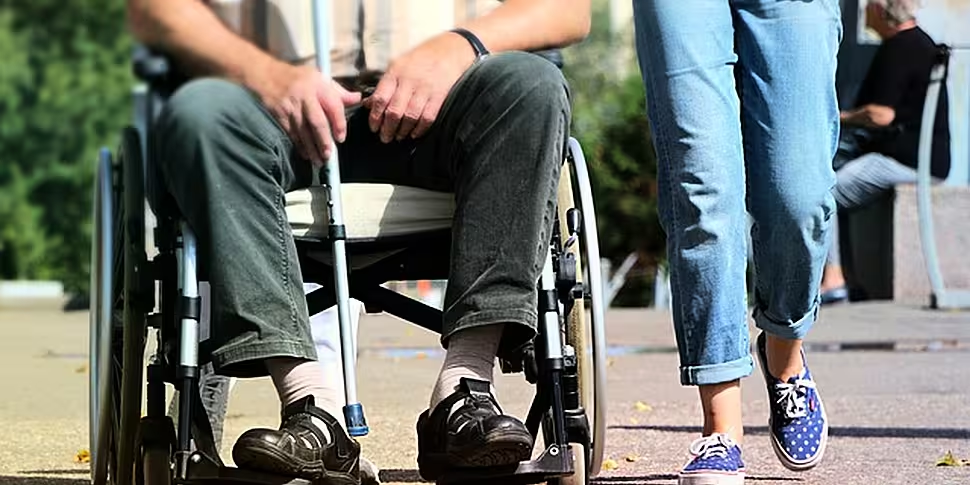New research has demonstrated ableism is likely influenced by a person’s disability and gender.
There are higher rates of prejudice and ableism towards people with intellectual disabilities above physical disabilities, according to the Economic and Social Research Institute (ESRI).
In a study funded by the National Disability Authority, 2,000 people were asked to read different scenarios of potential discrimination against people with disabilities.
According to the ESRI, higher levels of ableism were recorded towards mental health conditions, intellectual disabilities and autism than physical or sensory disabilities.
For example, respondents judged it to be more acceptable to reduce the school hours of a child with autism than a child with a speech and language disorder, despite other all details being the same.
Ableism against women
The study also found that women with physical disabilities were judged more harshly than men, as they were more likely to be judged for starting a relationship as a single parent.
Respondents most familiar with disability, such as those with a disability or whose partner or child has a disability, showed lower levels of ableism across all scenarios.
Lead author of the study Dr Shane Timmons said, while most people are accepting overall, “subtle ableist beliefs” pose a barrier for disabled people.
“We see that some forms of ableism may depend on the social situation, the nature of someone’s disability or even on their gender,” he said.
“Improving the inclusion of disabled people in communities and workplaces may help to combat this prejudice and discrimination.”
Director of the National Disability Authority Dr Aideen Hartney said work is underway currently to develop a new National Disability Strategy to reduce ableism.
According to the 2016 Census, roughly 13.5% of Irish people have some form of disability.
Difficulty with basic physical activities accounted for over 40% of people, compared to just 10% of people with an intellectual disability.









